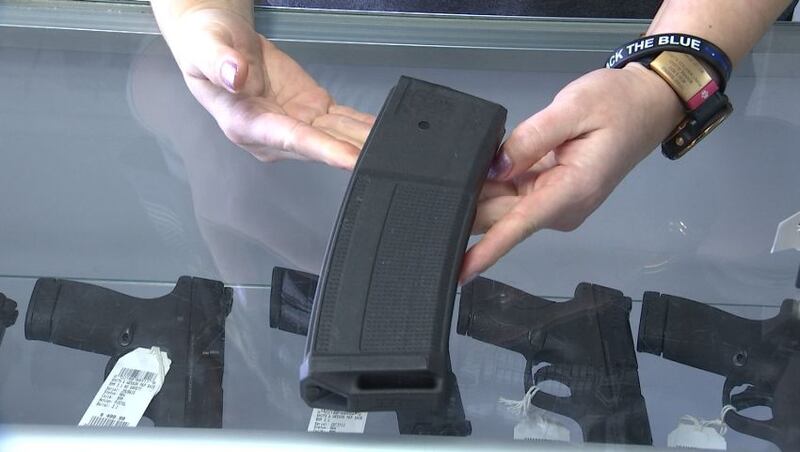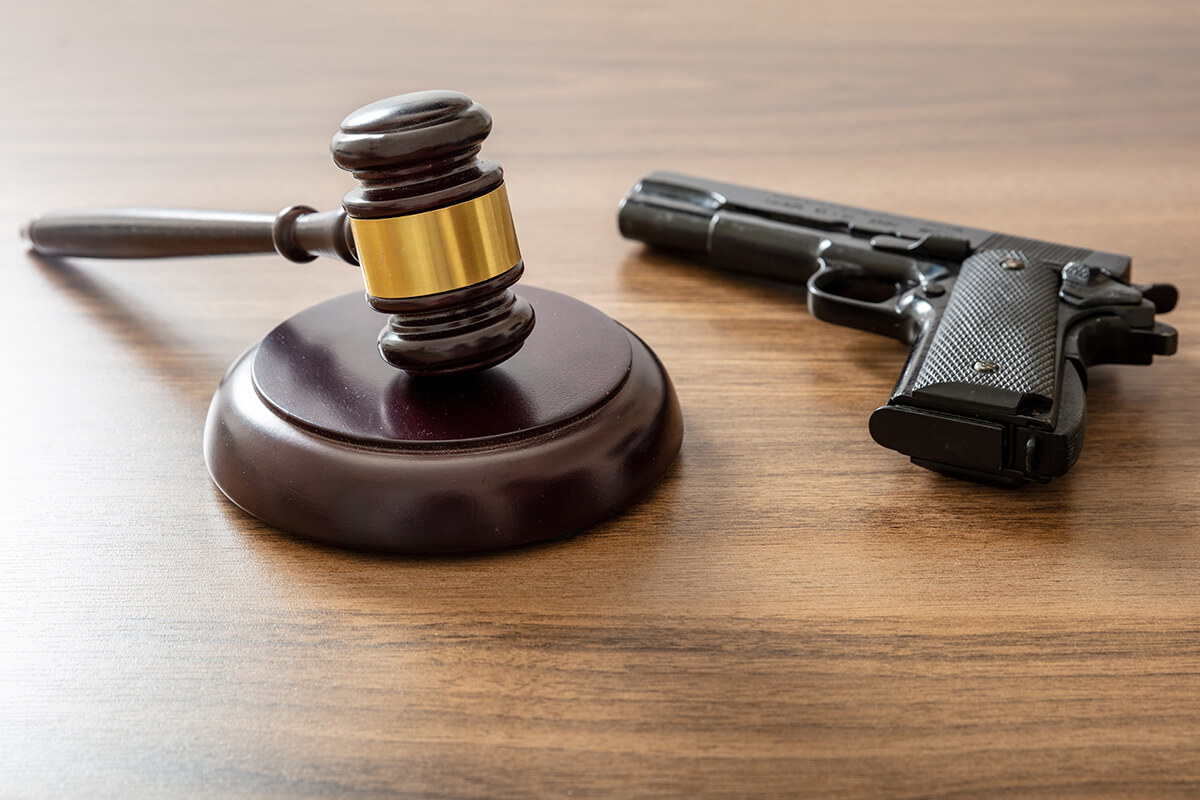
In State v. Allah, the WA Court of Appeals held a probationer’s vehicle was unlawfully searched and seized during a traffic stop. His prior criminal history, gang affiliations and geographic boundary restrictions did not establish a sufficient nexus for a warrantless search.
FACTUAL BACKGROUND
In October 2020, Mr. Allah was on probation for a 2017 firearm conviction. He was driving his car in the Central District of Seattle, when a police officer pulled him over on suspicion of driving with a suspended license. After learning of Allah’s probationary status, the officer contacted the Department of Corrections (DOC). The Officer requested a Community Corrections Officer (CCO) arrive at the scene to discuss next steps.
While he was on his way to the scene, the CCO reviewed Allah’s prior conditions of community custody. The CCO noted Allah was in violation of a geographic boundary condition, which excluded him from the Central District. The geographic restriction was in place because Allah was in a gang associated with the Central District.
Upon arriving at the scene, the CCO talked with Allah and then searched the car, specifically for a firearm. The CCO located a firearm on the floorboard underneath the driver’s seat. He collected the firearm as evidence and arrested Allah.
The State charged Allah with a Firearm Offense because his prior convictions barred him from possessing firearms. Allah moved to suppress the firearm evidence from the CCO’s search under a CrR 3.6 Motion. Allah argued there was an insufficient nexus between the search and Allah’s geographic violation. The judge denied Allah’s 3.6 Motion.
In December 2022, a jury convicted Allah as charged. Allah appealed.
COURT’S ANALYSIS & CONCLUSIONS
The Court of Appeals (COA) established that the Washington Constitution provides a robust privacy right; stating that “no person shall be disturbed in his private affairs, or his home invaded, without authority of law.” That said, warrantless seizures are per se unreasonable and subject to limited exceptions. The State has the burden of proving a warrantless search falls within an exception.
THE COA further established that parolees and probationers have diminished privacy rights. This is because they are persons whom a court has sentenced to confinement but who are serving their time outside the prison walls. As such, a probationer may be searched on the basis of a wellfounded or reasonable suspicion of a probation violation rather than a warrant supported by probable cause.
Even with probationer’s diminished privacy rights, however, the Washington Constitution permits a warrantless search of the property of an individual on probation only where there is a nexus between the property searched and the alleged probation violation.
“Permitting searches without a nexus would allow fishing expeditions to discover evidence of other crimes, past or present. After all, if a prior conviction, not to mention a prior arrest, should afford grounds for believing that an individual is engaging in criminal activity at any given time thereafter, that person would never be free of harassment, no matter how completely he had reformed.” ~WA Court of Appeals
The COA’s Rationale On “Sufficient Nexus”
The COA further surmised that even when there is a nexus between the property searched and the suspected probation violation, an individual’s reduced privacy interest is safeguarded in two ways. First, a CCO must have reasonable cause to believe’ a probation violation has occurred before conducting a search at the expense of the individual’s privacy. Second, the individual’s privacy interest is diminished only to the extent necessary for the State to monitor compliance with the particular probation condition that gave rise to the search. The individual’s other property, which has no nexus to the suspected violation, remains free from search.
In sum, neither CCO or the State provide a sufficient explanation of why any person would reasonably believe Allah may have had a weapon immediately preceding the search. No matter how the constitutionality of the search is conceptualized—i.e., whether as requiring a nexus between the boundary violation and the vehicle searched, or as simply requiring reasonable suspicion—the logical gap remains.
As to the geographic boundary, CCO admitted it was irrelevant to his decision to search. As to Allah’s prior firearm conviction, our Supreme Court has long explained that a probationer’s past convictions alone are not enough to support a search. Otherwise, a probationer “would never be free of harassment, no matter how completely he had reformed.”
With that, the COA reversed the lower court’s denial of Allah’s CrR 3.6 motion to suppress the firearm evidence. The COA also reversed Allah’s conviction, and remanded the matter to the lower court for future proceedings.
Please review my Search and Seizure Legal Guide and contact my office if you, a friend or family member are charged with a crime. Hiring an effective and competent defense attorney is the first and best step toward justice.
















